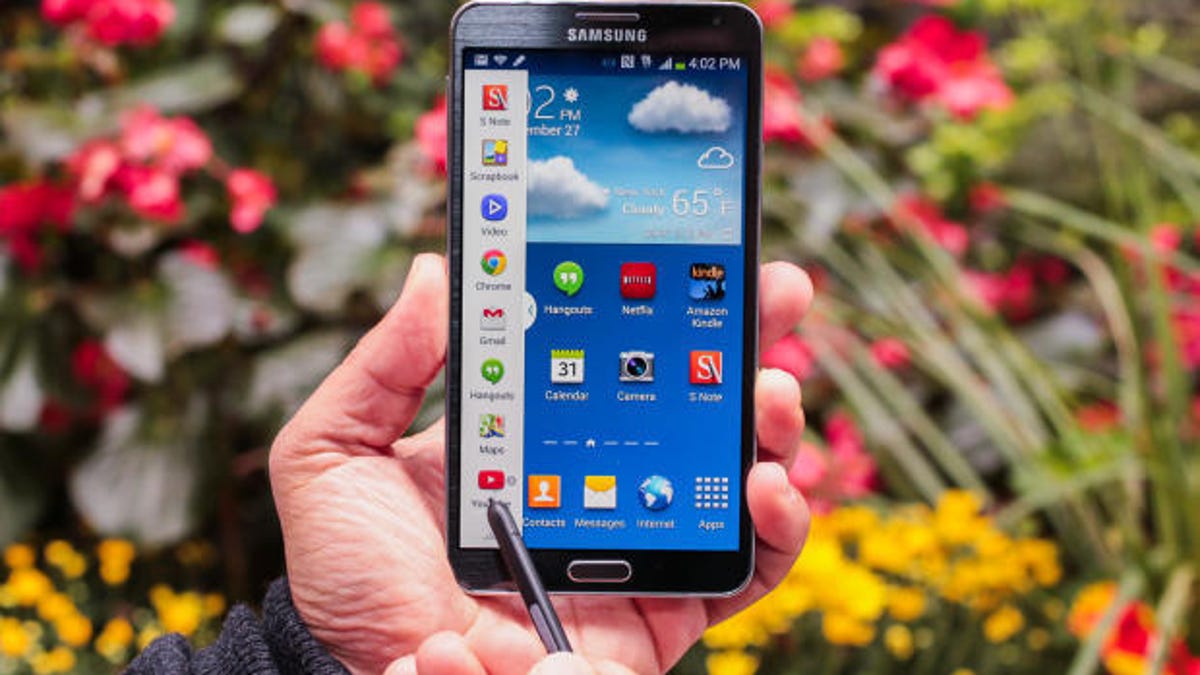AT&T: Now you pay less for a no-contract phone plan
The carrier at last is offering a break to customers willing to jump onto its shared data plans without a contract.

AT&T is finally providing its no-contract customers with a break on its plans.
The company said Thursday that it is tweaking its mobile share plans, changing around various parts to give customers a break. The savings apply to customers who pay full price for their phone, bring a compatible phone to the network, or participate in its monthly installment plan, AT&T Next. Customers can sign up for the new plans on Sunday.
By reducing its prices, AT&T is finally addressing the biggest knock on its prior no-contract plans: the lack of a discount that should come from not accepting a subsidized phone. T-Mobile and Sprint both offer no-contract options that offer discounted phone plans, and AT&T's previous insistence on keeping the same subsidy-based rates with the debut of Next was the reason why many derided it as a poor deal.
The move comes amid intensifying pressure in the wireless business. In the last quarter, AT&T posted results that revealed pressure with more budget-minded feature phone customers, even as T-Mobile boasted an impressive number of new smartphone customers.
T-Mobile, which kicked off the no-contract craze in a splashy event earlier this year, has benefited the most from the shift in the industry, although Sprint has quickly matched it with a similarly attractive plan.
AT&T, for its part, denies that its policy change is a reaction to competition.
"We see competitors on our left and on our right," said AT&T representative Mark Siegel. "We're really focused straight ahead on what our customers are asking for."
He added that the company was hoping to attract new customers and widen its base with the new plans.
AT&T's mobile share plans are a confusing mix of data, phone, and line costs, so this is how it is broken down. The data plans only see a marginal change, with 300 megabytes of data costing $20 a month (the same as before), 1GB of data costing $5 more at $45, and 2GB also costing $5 more at $55. The biggest savings come as you get more data -- 10GB of data is $100, or $20 less than before, while 20GB is $50 less at $150. The supersize data plan of 50GB is $125 less at $375 a month. All of the plans include unlimited text and voice calls.
The biggest change is in the charge per device. Previously, there was a sliding scale of monthly fees attached to the device that was included in the plan -- part of the subsidized model found in contract plans. Device prices ranged between $30 and $50 depending on your data plan.
Under the new plan, with a no-contract smartphone, either through AT&T Next or paid upfront, the fee is $25 a month. For a single user, a standard 2GB plan would cost $80 a month, or $25 for the phone and $55 for the data. Tablets can be added for $10 a month.
For contract customers, the monthly cost to add a smartphone to a plan goes to a flat rate of $40 from the previous sliding scale, which means customers who have multiple phones or subscribe to a higher data plan end up paying more, as they previously only had a $30 fee. A smartphone customer with a 300MB plan would get a $10 break though.
While AT&T's plans are lower than they traditionally have been, they aren't a better deal than what T-Mobile or Sprint offer.
T-Mobile's closest equivalent plan, which includes 2GB of data and unlimited text and voice calls, costs $60 a month. An unlimited plan costs $70 a month. Sprint offers its unlimited data and monthly installment One Up plan for $65 a month.
It's no surprise that AT&T will position this as a better deal than Verizon Wireless' own no-contract program, called Edge.
The break, while not as significant as those of its two smaller competitors, is a concession that AT&T's existing plans weren't in keeping with the shifting industry dynamics.
The company, meanwhile, also introduced another program, dubbed Next 18, which allows customers to stretch their monthly payments for the smartphone over 26 months, while still providing the option to upgrade after 18 months. Next previously required customers to pay for the phone over 18 months, allowing for an upgrade after a year.
With AT&T shifting its prices, that leaves only Verizon keeping its plans unchanged despite the no-contract option. The ball is in its court.
Corrected at 8 a.m. PT: AT&T's smartphone fee for 2GB of data under the old plan found in the chart was mistakenly listed as $5. The actual fee is $45.

